Nearly 200 countries took part in the negotiations to strike the first climate deal to commit all countries to cut emissions, which would come into being in 2020. A deal to attempt to limit the rise in global temperatures to less than 2C has been agreed at the climate change summit in Paris after two weeks of intense negotiations. The pact is the first to commit all countries to cut carbon emissions. The agreement is partly legally binding and partly voluntary. Earlier, key blocs, including the G77 group of developing countries, and nations such as China and India said they supported the proposals. President of the UN climate conference of parties (COP) and French Foreign Minister Laurent Fabius said: “I now invite the COP to adopt the decision entitled Paris Agreement outlined in the document. “Looking out to the room I see that the reaction is positive, I see no objections. The Paris agreement is adopted.” As he struck the gavel to signal the adoption of the deal, delegates rose to their feet cheering and applauding. US President Barack Obama has hailed the agreement as “ambitious” and “historic”, but also warned against complacency. “Together, we’ve shown what’s possible when the world stands as one,” he said. And although admitting that the deal was not “perfect”, he said it was “the best chance to save the one planet we have”. China’s chief negotiator Xie Zhenhua said the deal was not perfect. But he added that “this does not prevent us from marching historical steps forward”. The chairman of the group representing some of the world’s poorest countries called the deal historic, adding: “We are living in unprecedented times, which call for unprecedented measures. “It is the best outcome we could have hoped for, not just for the Least Developed Countries, but for all citizens of the world.”
The Agreement will not become binding on its member states until 55 parties who produce over 55% of the world’s greenhouse gas have ratified the Agreement. There is doubt whether some countries, especially the United States, will agree to do so, though the United States publicly committed, in a joint Presidential Statement with China, to joining the Agreement in 2016. Each country that ratifies the agreement will be required to set a target for emission reduction or limitation called a “nationally determined contribution,” or “NDC,” but the amount will be voluntary. There will be neither a mechanism to force a country to set a target by a specific date nor enforcement measures if a set target is not met. There will be only a “name and shame” system.
Some analysts have also observed that the stated objectives of the Paris Agreement are implicitly “predicated upon an assumption – that member states of the United Nations, including high polluters such as China, US, India, Canada, Russia, Indonesia and Australia, which generate more than half the world’s greenhouse gas emissions, will somehow drive down their carbon pollution voluntarily and assiduously without any binding enforcement mechanism to measure and control CO2 emissions at any level from the factory to state, and without any specific penalty gradation or fiscal pressure (for example a carbon tax) to discourage bad behaviour.”
—Prashant Tewari, Editor-in-Chief







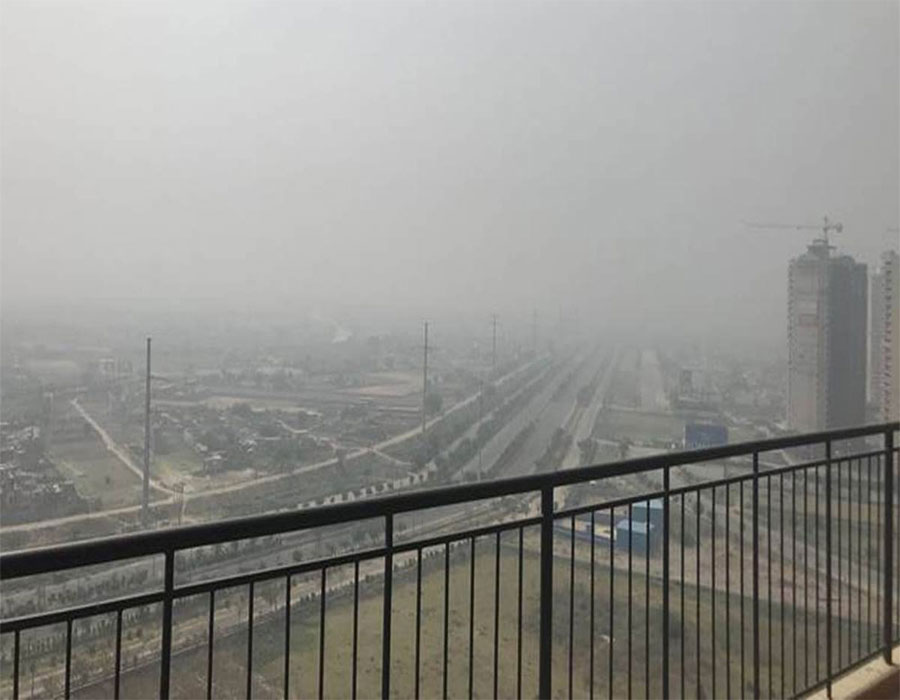
 OpinionExpress.In
OpinionExpress.In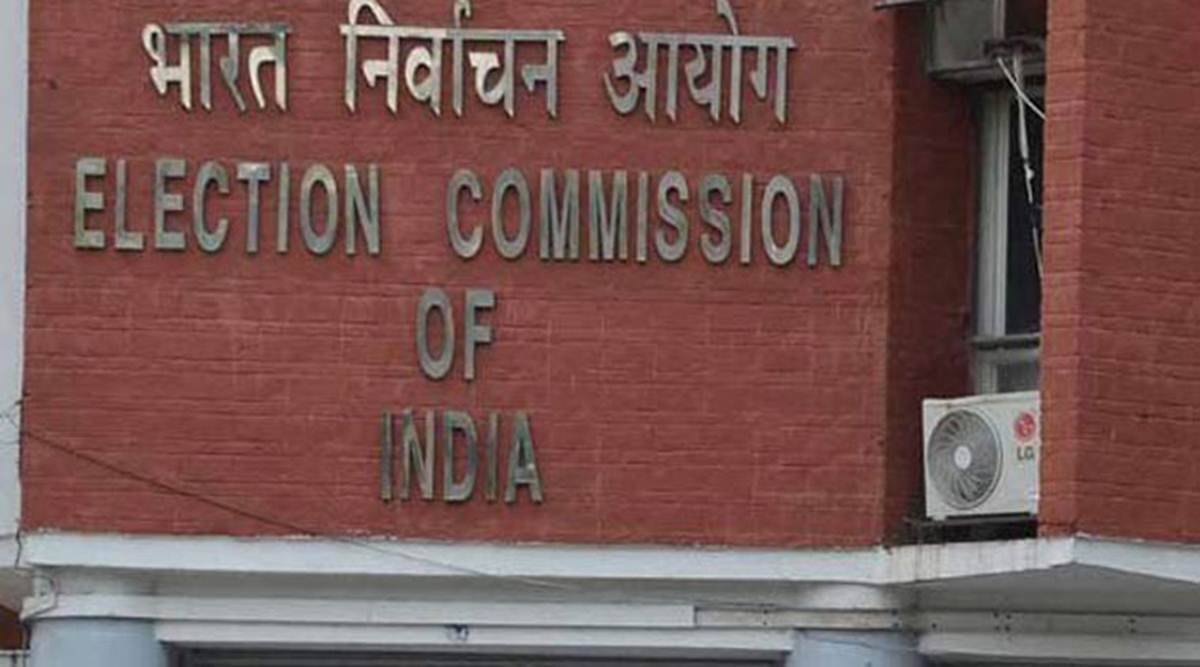
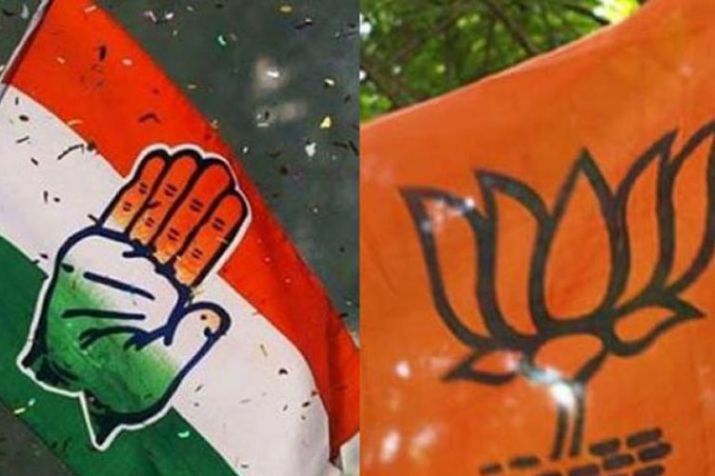

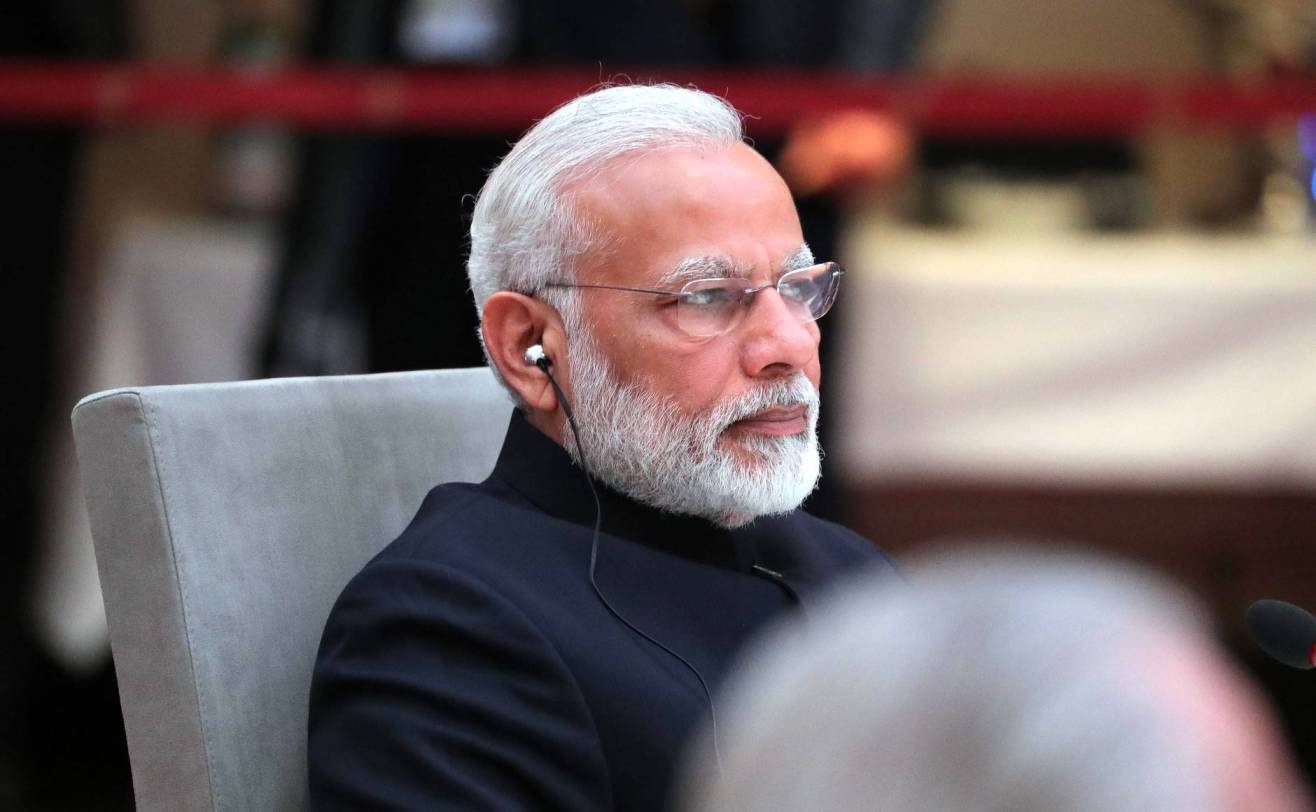





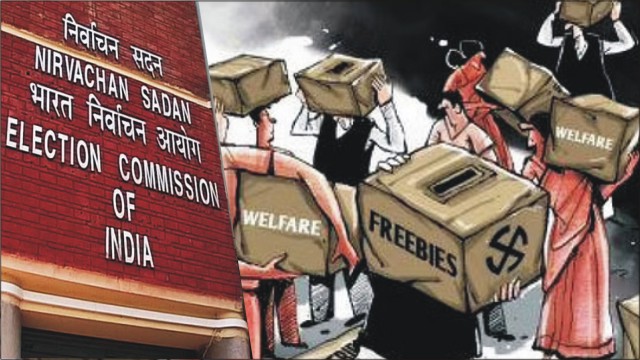






Comments (0)